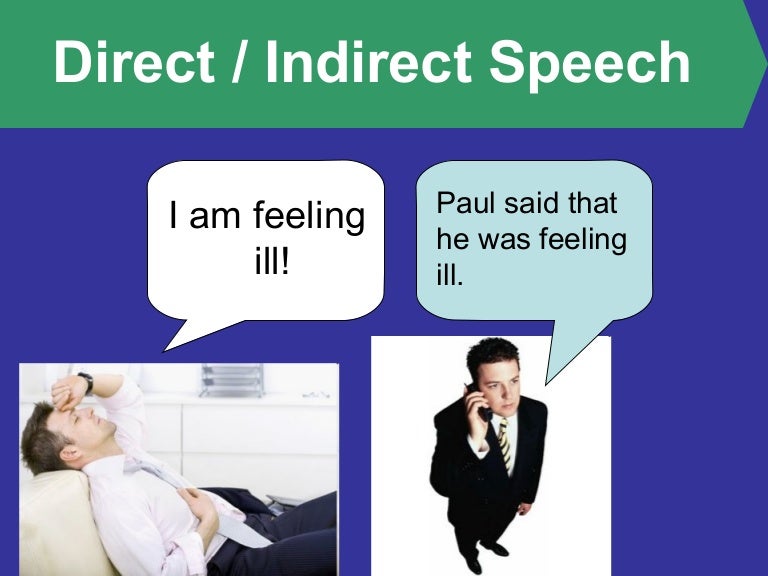Some Emotions in English to Describe Your Positive or Negative Feelings.

Bored
Happy
Relaxed
Sad
Stressed
Tired
Embarressed
Afraid
Surprised
Worried
Aren’t they cute?





| Word | Explanation | Example |
|---|---|---|
| which | You have a limited choice of things. | Which lemonade do you like – green or pink? |
| what | You have an unlimited choice of things. | What lemonade do you like? |
| Word | Explanation | Example |
|---|---|---|
| who's | contracted form of who is | Who's from Wales? = Who is from Wales? |
| contracted form of who has | Who's broken the window? = Who has broken the window? | |
| whose | possessive | Whose textbook is this? |